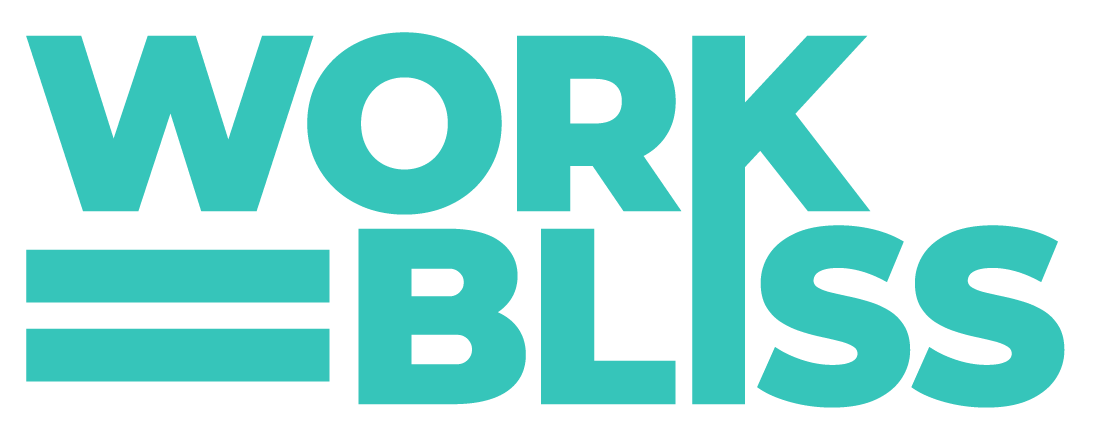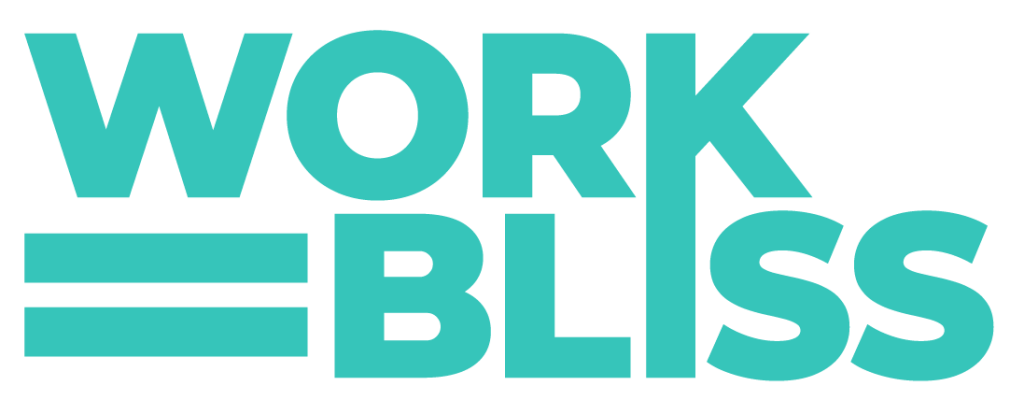In our ever-evolving business world, how can companies remain agile while optimizing their workforce? One increasingly popular strategy is for Learning and Development (L&D) departments to collaborate with learning-specific staffing firms and outsourcing specific roles.
But is it worth it, and what are the advantages of outsourcing L&D roles to staffing companies? Dive in as we uncover the key L&D roles companies are delegating to staffing agencies and the driving forces behind this strategy.
Why You Should Consider Outsourcing L&D Roles
It can be a major undertaking to outsource L&D tasks to experts in their field. So why would it be beneficial to consider outsourcing your L&D tasks? Let’s find out.
Enhanced Flexibility: Organizations gain the ability to swiftly adjust their workforce size in tune with fluctuating training demands. This adaptability ensures that companies are not saddled with the overheads of a full-time team during periods of reduced training activity.
Financial Efficiency with Contractual Flexibility: By engaging 1099 employees rather than W-2 staff, companies tap into specialized skills without the constraints of long-term contracts. This approach offers both fiscal and contractual flexibility, allowing businesses to operate with agility.
Meeting Talent Preferences: Many L&D professionals lean towards project-based or part-time roles, valuing the variety and work-life balance they offer. Outsourcing caters directly to these preferences, making roles more enticing to industry experts.
Creating Beneficial Partnerships: Staffing agencies play a pivotal role by connecting businesses with skilled professionals seeking flexible work opportunities. This dynamic fosters a beneficial partnership, with both entities thriving and jointly driving innovation in the L&D arena.
Industry-Specific Hires: Learning professionals with deep expertise in an industry are tough to find. Many times these individuals are seasoned and don’t want to work on full-time projects. Tapping into part-time and contract workers can expand your talent pool and get you more qualified candidates.
What are the Key L&D Roles
Now that you have a better understanding of the potential of outsourcing your L&D roles, let’s go over the expertise of each one.
Instructional Designers
Instructional designers are experts in creating engaging learning materials tailored to specific objectives. They analyze learner needs and design courses to meet those requirements, ensuring optimal knowledge transfer. Their demand varies based on organizational and outsourcing training needs.
L&D Project Managers
L&D Project Managers specialize in overseeing the execution of learning and development projects. They ensure projects are completed on time, within scope, and meet set objectives. Their expertise is essential for coordinating multiple facets of training program initiatives, especially in fluctuating training periods.
L&D Strategists
L&D Strategists align learning initiatives with the broader goals of an organization. With a deep understanding of a company’s objectives, they strategize the optimal path for training and development. Their involvement is pivotal for long-term planning.
eLearning Developers
eLearning Developers are skilled in creating digital learning materials. In today’s digital-first environment, their expertise is crucial for creating interactive and engaging online training content. They enable companies to effectively scale their online training efforts.
Facilitators
Facilitators play a key role in the smooth delivery of L&D workshops and training sessions. They foster an interactive and learner-friendly environment, ensuring participants derive maximum value. Their services are vital for intermittent training sessions, making flexibility essential.
Graphic Designers
Graphic Designers in the L&D space enhance training materials with compelling visual elements. With their design expertise, they bring a polished and professional look to learning resources. Their specialized skills are vital for projects needing a visual uplift but may not be constantly required.
Conclusion
The strategic decision to outsource Learning and Development roles to staffing firms emerges as a forward-thinking approach to talent acquisition.
By outsourcing, you can benefit from enhanced flexibility, financial efficiency, and alignment with talent preferences, all while fostering mutually beneficial partnerships with staffing agencies.
It not only provides access to specialized skills without long-term commitment but also positions organizations to swiftly respond to changing training demands, reinforcing their competitive edge and driving sustained success.



